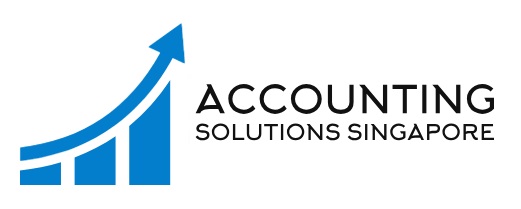Here is an overview of the payroll statutory reporting requirements in Singapore.
Annual Income reporting
From the year of assessment 2017, the IRAS Auto-Inclusion Scheme of IRAS is compulsory if a company has received the “Notice to File Employment Income of Employees Electronically”, or employs 10 or more people.
These company must take the necessary action to electronically submit employee income to the IRAS no later than the 1st March annually.
This information is used to include in the respective employees’ income tax and calculates their tax liability accordingly.
Employers must prepare the following forms by the 1st March annually: –
- Form IR8A (relates to all employees)
- Appendix 8A (benefits-in-kind)
- Appendix 8B (Employee Stock Option)
- Form IR8S (if extra CPF payments made)
Tax clearance for Foreign Employees
The tax clearance is a process to ensure foreign workers in Singapore comply with their tax liabilities.
Employers with foreign employees must complete Form IR21 and notify the IRAS and seek tax clearance.
This IR21 form must be completed and submitted to IRAS at least one month before an employee:
- Leaves Singapore for three months or more;
- Commences an overseas posting; or
- Ends his employment with you in Singapore.
If an employee has pending tax clearance, it is the responsibility of the employer to withhold future payments, such as salary, lump-sum payments, gratuities, allowances, leave pay, overtime pay and bonuses.
Payment is held until a tax clearance directive is issued by the IRAS or for up to 30-days from the time the employer completes Form IR21 to notify the IRAS.
If the employer is not able to submit the IR21 form on time, the employer must state his reason in the IR21.
Unless IRAS accepts a shorter notice, the employer will be liable to a fine up to SGD 1,000 for failure to comply with the above.
Itemised Payslips
With effect from 1 April 2016, itemised payslips are required to be issued to all employees covered by the amended Employment Act issued by the Ministry of Manpower.
Monthly payslips should include relevant information, such as:
- Full names of employer/employee
- Payment date
- Basic salary
- Time-frame of each salary period
- Extra payments (public holiday pay, rest day pay, bonuses)
- Deductions (ad-hoc or fixed)
- Allowances (ad-hoc or fixed)
- Overtime pay and hours worked
- Payment period of overtime
- Total next salary payable
The itemization gives employees a better understanding of their salary calculation, and failure to comply by employers can lead to a fine of SGD 100 to SGD 200 per incident.
Other amendments
Other amendments that come into force with effect on 1 April 2016:
- Employment records must be kept for two years for existing employees and ex-employees;
- Key employment terms (KET) must be issued in writing to all employees; and
- Payslip records must be kept for two years for existing employees and ex-employees.
Several other issues are relevant to the compensation package for employees, including:
Overtime that is applicable is paid at a rate of 1-1/2 times the normal hourly rate.
This applies to time outside normal working hours of up to 44 hours per week – Section 38(1b).
Should you need assistance or would like to find out more about payroll processing services in Singapore, please send an email to Contact@AccountingSolutionsSingapore.com, and our business advisor will contact you.
